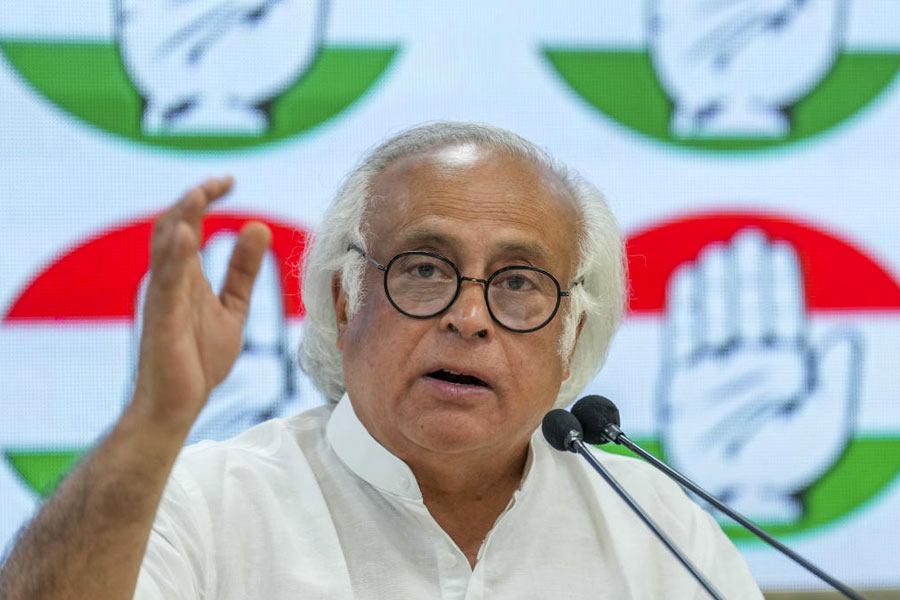Carbon credits have become a primary weapon in the fight against global warming. But the carbon credit system is not free of controversy. For instance, there is concern that the distribution of benefits and the costs associated with carbon credit projects are unequal. While carbon credits seek to encourage emissions reductions and sustainability, their implementation has frequently led to discrepancies that disproportionately affect marginalised people and developing countries.
The proponents of environmental justice contend that the current carbon credit system exacerbates existing social and environmental injustices. Wealthy countries and businesses can buy carbon credits to offset their emissions, thereby allowing themselves to keep polluting while projecting an image of environmental responsibility. Additionally, in poor nations, carbon-credit initiatives like extensive afforestation can result in land conflicts and the eviction of local residents, weakening their rights and well-being.
As a market-based system for decreasing carbon emissions, carbon credits incentivise people and organisations to cut their greenhouse gas emissions. These credits are produced whenever an organisation engages in actions that lower or remove carbon dioxide from the atmosphere. Reforestation programmes, campaigns for renewable energy, and energy-saving techniques are a few examples of these actions.
The precise measurement and verification of emissions reductions is one of the major problems facing the carbon credit system. The environmental advantages are allegedly overstated as a result of the current procedures for calculating carbon credits.
The potential for double counting emissions reductions is another problem confronting carbon credits. This happens when numerous parties claim the same emission reduction, causing an excess of carbon credits to be allocated.
There are large price swings in the carbon credit market. Various factors, including governmental regulations, consumer demand, and the state of the economy, can dramatically affect the value of carbon credits. Businesses may find it difficult to reduce their emissions as a result of this instability.
Equitable and reasonable environmental practices are a major issue too. Critics claim that carbon credit initiatives frequently favour wealthy countries and corporations disproportionately, while developing nations and underserved communities bear the cost of emissions reductions.
Developed countries have a large influence on the carbon credit market because of their financial prowess and innovation capacities. Their financial clout enables them to acquire a sizable quantity of carbon credits, substantially influencing the dynamics and the consequences of the market.
Wealthy nations usually direct money towards carbon credit initiatives located in underdeveloped countries. Despite the fact that this lowers global emissions, it simultaneously brings up the important issues of neocolonialism and the possible exploitation of the resources and labour in the Global South. The inflow of foreign wealth could also have an effect on the host countries’ sovereignty.
Several actions can be performed to remedy the problems of the carbon credit market — i. To maintain the legitimacy of carbon credit projects, it is crucial to provide open, standardised techniques for calculating and verifying emissions reductions; ii. International collaboration is essential to solve the equitable and environmental justice challenges related to carbon credits; iii. Reducing market turbulence might stimulate greater investment in emissions reduction initiatives. iv. Advancements in carbon capture and removal technology can broaden the scope of carbon credit projects.
The difficulties notwithstanding, carbon credits have the potential of contributing significantly to climate change mitigation. Stakeholders must therefore collaborate to address these issues.
Bhupal Bhattacharya is Assistant Professor, Department of Law, Raiganj University










